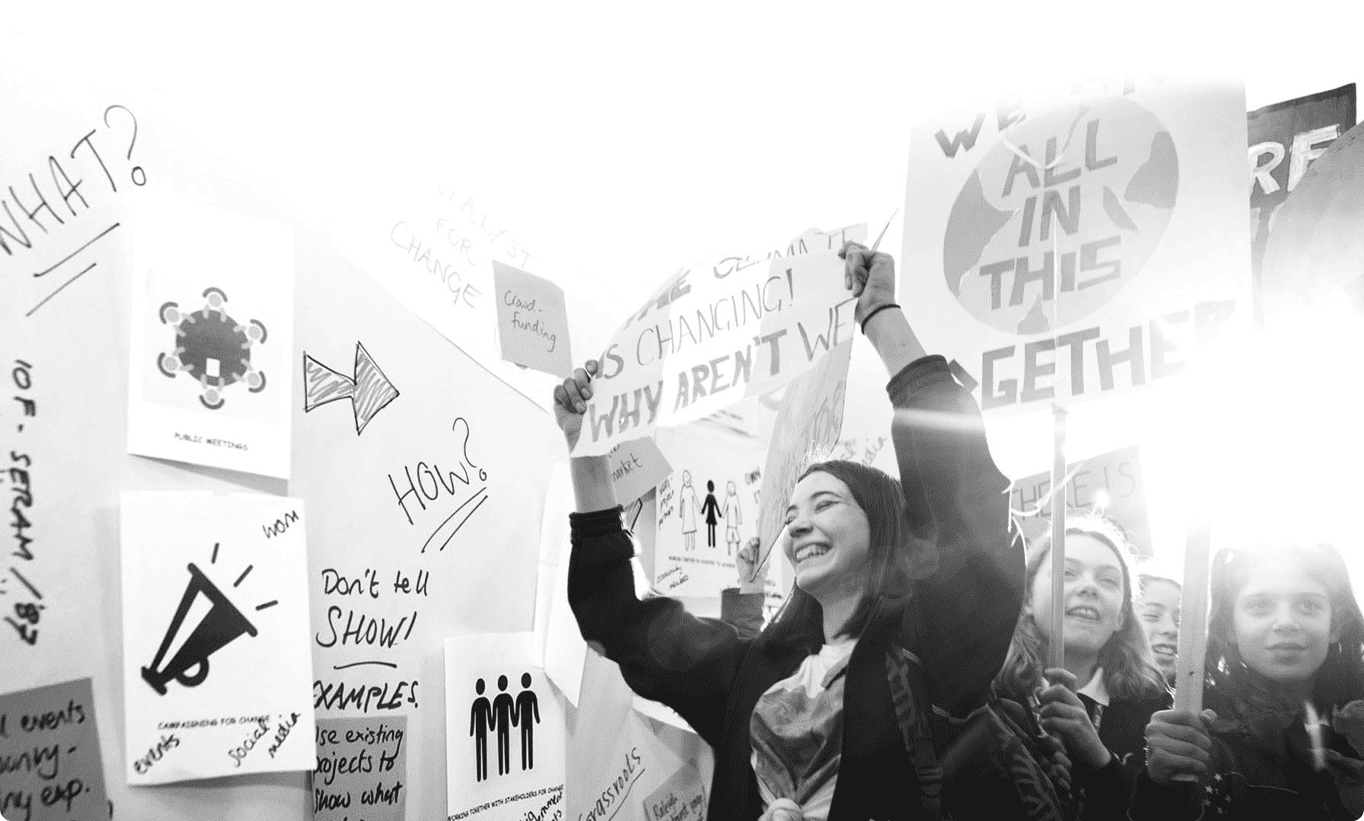
In times of societal unrest, the need for non-violence becomes a crucial strategy for lasting change. Figures like Martin Luther King Jr. and Mahatma Gandhi led the charge, showing the world that true progress doesn’t arise from force but from understanding, dialogue, and peaceful action.
Non-violence isn’t just an ethical stance, it’s a powerful strategic choice. It demands immense strength and discipline, pushing individuals to confront their own fears and differences. This approach allows for deeper, more meaningful dialogue, even with those who may disagree with us. By embracing non-violence, we break down barriers and open paths to constructive change.
For Martin Luther King Jr., non-violence was deeply rooted in his faith and the belief that all humans possess inherent dignity. His belief in peaceful resistance was not just a tactic but a moral obligation. Similarly, for Gandhi, non-violence was not merely a political strategy but a spiritual practice. His philosophy of "ahimsa" emphasized that harm should never be inflicted upon others, both physically and mentally.
King and Gandhi demonstrated how peaceful resistance can dismantle oppressive systems and create lasting social change. Their legacies show us that non-violence can be more potent than any form of violence when fighting for justice. As we face modern-day challenges, embracing non-violence offers us a path to honor their vision and continue the work they started, working towards a more compassionate and just world.
By integrating non-violence into our daily lives and societal movements, we honor the enduring legacies of King and Gandhi. Non-violence isn’t a passive response; it is an active strategy that can confront injustice and inspire transformative social progress. We are called to continue this work, fostering understanding and unity in the face of adversity.
“Empathy, Equality, and
Empowerment for All”